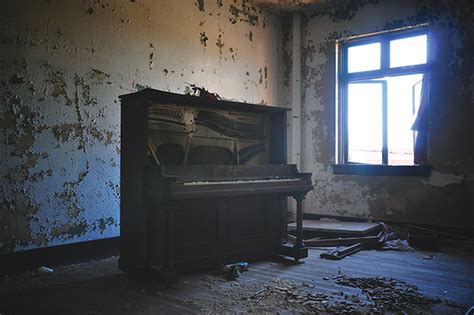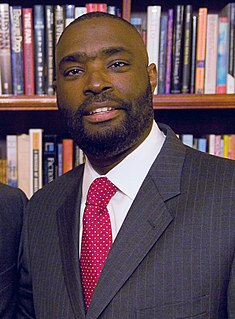A Quote by David Grann
After a traumatic event, people tend to store a series of memories and arrange them into a meaningful narrative. They remember exactly where they were and to whom they were talking.
Related Quotes
You have your wonderful memories," people said later, as if memories were solace. Memories are not. Memories are by definition of times past, things gone. Memories are the Westlake uniforms in the closet, the faded and cracked photographs, the invitations to the weddings of the people who are no longer married, the mass cards from the funerals of the people whose faces you no longer remember. Memories are what you no longer want to remember.
Analysis helps patients put their unconscious procedural memories and actions into words and into context, so they can better understand them. In the process they plastically retranscribe these procedural memories, so that they become conscious explicit memories, sometimes for the first time, and patients no longer need to "relive" or "reenact" them, especially if they were traumatic.
Even grief recedes with time and grace. But our resolve must not pass. Each of us will remember what happened that day, and to whom it happened. We'll remember the moment the news came -- where we were and what we were doing. Some will remember an image of a fire, or a story of rescue. Some will carry memories of a face and a voice gone forever.
I remember Geauga Lake. I remember Six Flags. I remember going to the mall. I hung out there. These big, grand places that served as pinnacles of the community were not only institutions or places of commerce. They were communal spaces where a lot of people went and shared good memories. These are very nostalgic places.
And indeed when we are no longer in love with women whom we meet after many years, is there not the abyss of death between them and ourselves, just as much as if they were no longer of this world, since the fact that we are no longer in love makes the people that they were or the person that we were then as good as dead?
Reading a novel after reading semiotic theory was like jogging empty-handed after jogging with hand weights. What exquisite guilt she felt, wickedly enjoying narrative! Madeleine felt safe with a nineteenth century novel. There were going to be people in it. Something was going to happen to them in a place resembling the world. Then too there were lots of weddings in Wharton and Austen. There were all kinds of irresistible gloomy men.
Some people have this really clear memory of making that decision, and I don't. My earliest memories of being involved with drama or acting were in elementary school. My sister and I got dropped off at an after-school improvisation class, a time-killer for kids while parents were doing the groceries. I'm 6 years old, and I remember running amok and playing these games.

































